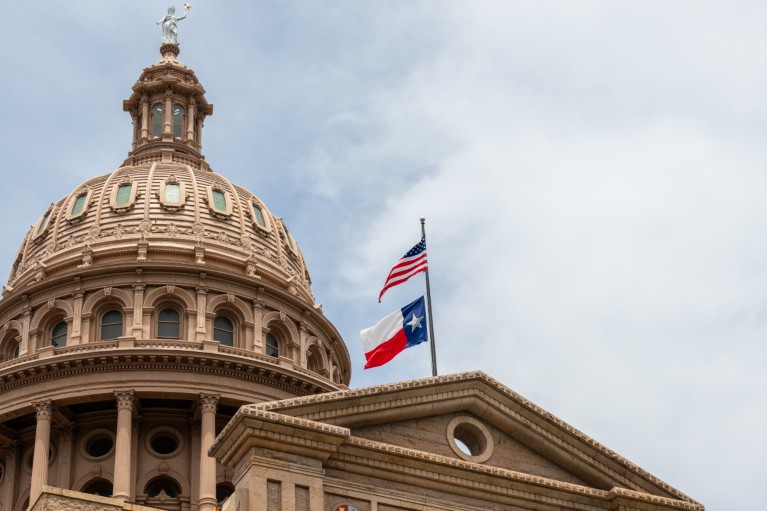Policed and censored: professors in the southern US feel under siege
Summary
A survey of 3,926 academics across 12 southern US states by the American Association of University Professors (AAUP) finds widespread fear, self-censorship and institutional policing driven by political pressure from Republican-controlled state legislatures. Around 25% of respondents are actively seeking jobs outside their state and 55% would not recommend their state as a place to work.
Key Points
- The AAUP survey covered 12 southern states and received 3,926 responses; a majority of respondents were tenured and identified as white.
- Political climate is the top reason (57%) faculty cite for wanting to leave; salary (51%) and threats to academic freedom (46%) are also major factors.
- Seventeen per cent reported having class content or syllabi questioned by their university administration; just over 10% said federal contracts had been cancelled.
- Many respondents describe a pervasive “climate of fear”—concerns include ambush videos, disciplinary action and high-profile dismissals such as the firing of a Texas lecturer.
- The survey signals a potential brain drain: the main destinations faculty are eyeing include California, New York and Massachusetts, among others outside the South.
Content summary
The AAUP’s Faculty in the South Survey, distributed in August, asked academics about workplace climate, academic freedom and the impact of political interventions. Results show shifts compared with 2024: political climate has overtaken salary as the prime motivator for relocation. Responses emphasise anxiety, self-censorship and administrative scrutiny of course material. The article spotlights individual cases—such as a Texas lecturer’s termination after classroom material provoked student outrage—and quotes researchers who feel devalued and discouraged from continuing in their roles.
Context and relevance
This piece situates the survey within a broader national debate about political interference in higher education, academic freedom and funding. It follows related Nature reporting on a possible US science brain drain and recent disciplinary cases across campuses. For readers tracking research capacity, university governance or workforce mobility, the findings foreshadow longer-term impacts on recruitment, retention and the regional distribution of expertise.
Author style
Punchy — the article pulls together survey data and contemporaneous cases to underline a clear, worrying trend. If you care about the future of academia and research capacity, the details here matter: the numbers point to real shifts in where scholars will live and work.
Why should I read this?
Look — if you work in or with higher education, this is the quick heads-up you need. The survey shows lots of faculty are fed up, anxious and actively planning to leave. That could mean fewer experts, tougher hiring and weakened research in parts of the US. It’s short, it’s sharp, and it tells you where the trouble is starting to stick.

